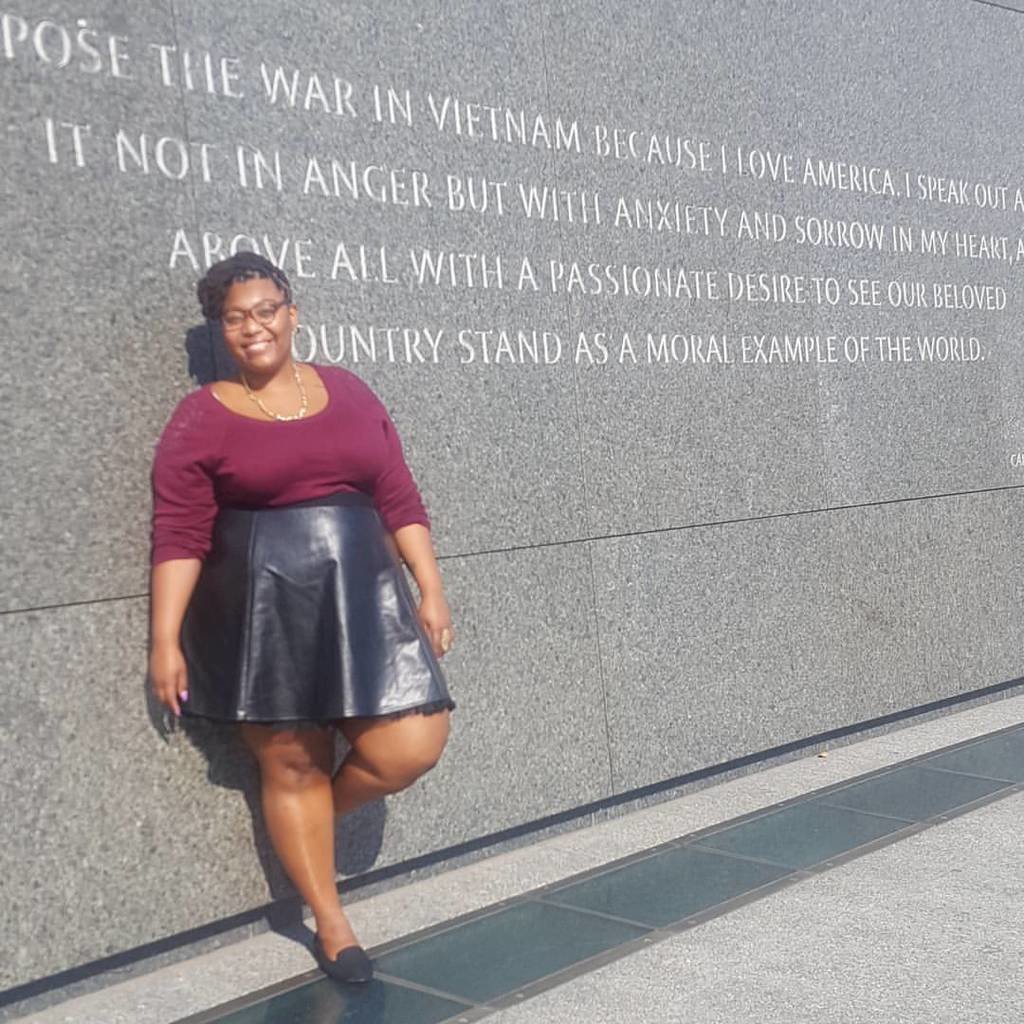Cat calling is about taking women's bodies away from them — not what they're wearing.
Though people of all genders experience street harassment, women — especially women of color and LGBTQ+ women — are disproportionately affected by it. Stop Street Harassment found that 65% of women have experienced at least one form of street harassment in their lifetimes, including verbal and sexual abuse.
Cat calling isn't just annoying or abhorrent — it actively strips women of their agency. Women are denied their autonomy in the moment they're harassed. Even worse, women are often asked why they were walking alone or what they were wearing what she was wearing if they do talk about it.
On Tuesday, October 18, Facebook user Maddy Pom posted about a harrowing experience with street harassment, and included a photo of her outfit at that time: a white t-shirt, jeans, and Converse sneakers.
"This is what I'm wearing today," she wrote. "I have been catcalled eight times so far. This doesn't happen when I'm walking with my boyfriend or a guy friend, but it happens sometimes when I'm with another girl friend, and almost every day I leave my apartment."

Her post proves something profound: A person's clothing isn't some tacit agreement to be attacked. No one is asking to be harassed, no matter what they're wearing.
On October 19, I asked some of my followers to use the hashtag #IWasWearing to share what they were wearing the last time they were catcalled.
Here's what they said:
Evette Dionne, 27

Victim-blaming rhetoric rampant in rape culture shifts all blame away from the actual perpetrators of misogyny. Believe it or not, women just want to do mundane things in peace, no matter what they're wearing or where they're going.




